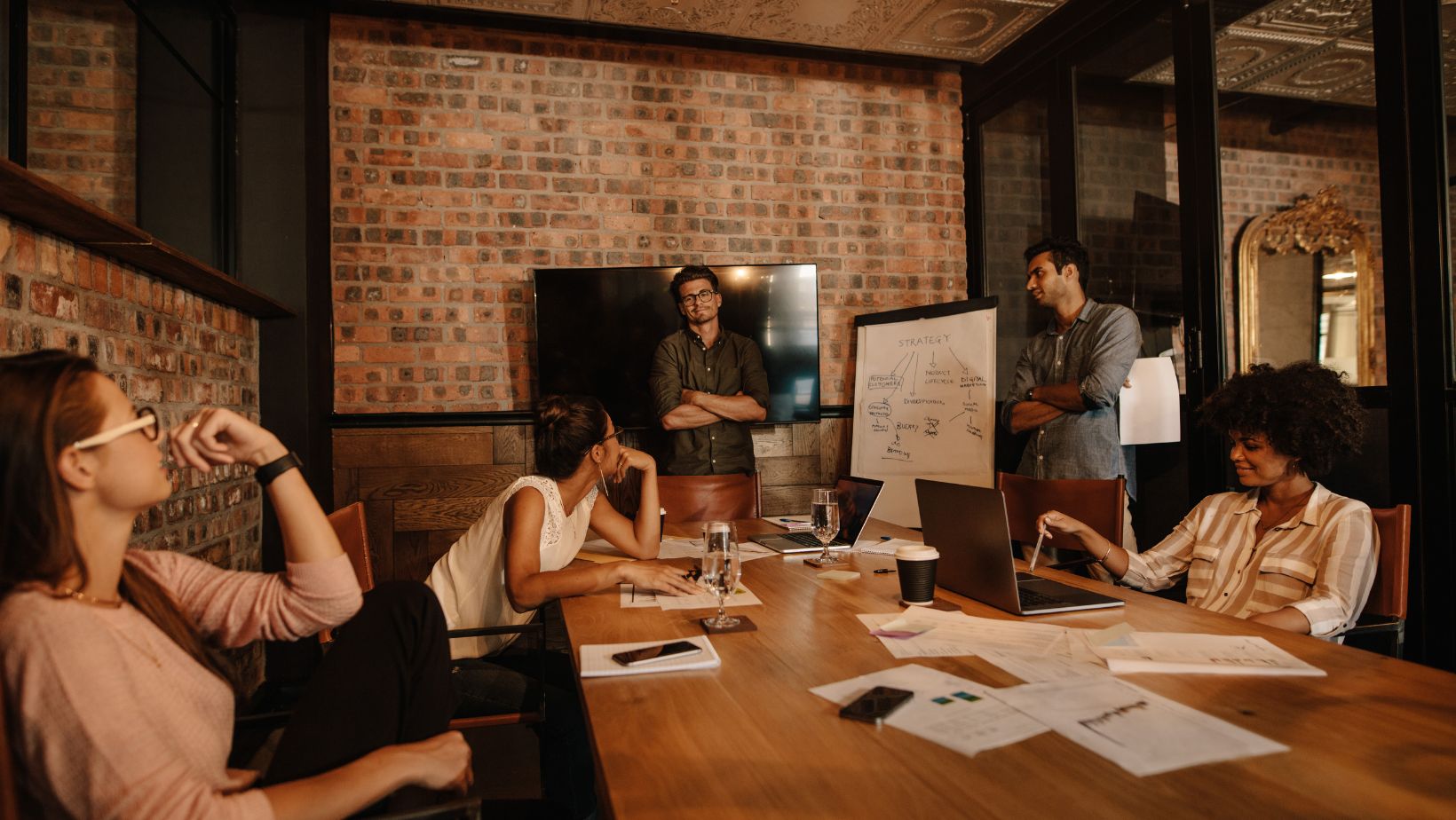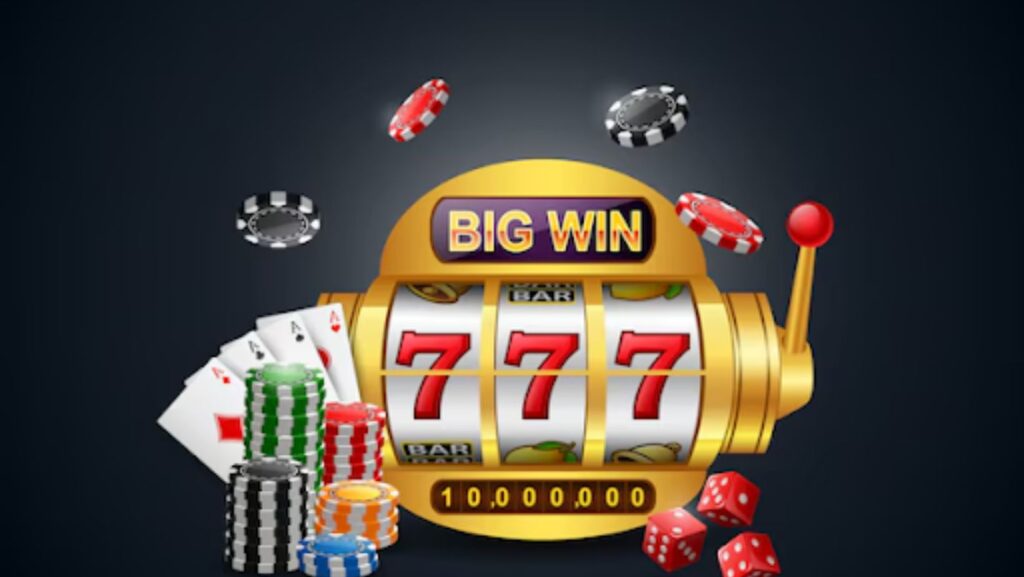One shift stands out in a world full of choices—new gadgets, clothing trends, subscriptions, and digital services like the Hellspin online app—people spend less on “things” and more on experiences.
We find a weekend road trip, a cooking class, or a special memory more impressive than a new phone. This is not a trend—it is a significant mindset shift.
We’re Collecting Moments, Not Objects
For years, success was linked to stuff: the latest car, designer bags, or a massive flat screen. But something changed.
People began wondering, “Do I need more stuff?” More often than not, the answer was no.
Experiences create memories. They create memories worth sharing and help us feel more connected to others. That new gadget might be outdated in a year, but the memory of hiking a mountain at sunrise? That sticks.
Social Media Played a Role
It’s ironic but true. Social media can drive overconsumption, yet it also highlights the importance of experiences.
Scroll through Instagram or TikTok. You’ll see less “look what I bought” and more “look where I went.” People share recipes they learned in a class, concerts they attended, and creative activities they tried.
In a way, we’ve redefined “flexing.” It’s about how you live, not what you own.
Gen Z Is Leading the Way
Gen Z—born between the mid-90s and early 2010s—is making waves in every industry. And when it comes to spending habits, they’re very clear: experiences come first.
They’ll gladly pass on a big buy to attend a festival, try a new fitness class, or travel with friends.
They want to feel things, not buy them. That emotional value matters more than price tags or logos.
Experiences Feel More “Worth It”
Think about the last thing you spent a decent amount of money on. Was it something you bought, or something you did?
Many people report feeling less buyer’s remorse when they spend time on experiences. Why? Because of experiences:
- Create memories
- Reduce stress
- Often involve people we care about
- Can’t be “returned” or forgotten
Buying stuff can feel fun in the moment. Yet, experiences often grow in value over time.
Even Businesses Are Catching On
Innovative brands are starting to shift focus. Instead of selling items, they offer interactive events, limited-time experiences, and community-based perks.
Think pop-up events, online workshops, or app-based experiences tied to products. Customers remember their brand longer when they engage with it, so they tend to return for more.
That shift is especially noticeable in wellness, tech, and beauty industries. In these fields, brand loyalty depends more on how people connect with the brand than what you sell.
It’s Not About Big Adventures
Meaningful moments can happen close to home—you don’t have to go far. It could be:
- Learning to cook a dish from a different culture.
- Hosting a themed dinner party.
- Going tech-free for a weekend getaway.
- Take your dog somewhere unfamiliar and turn a regular walk into a small adventure.
- Trying something creative you’ve never done before

How to Start Shifting Toward Experience
If you want to try living with more experience and less stuff, here are a few tips:
- Start small. Trade your next online shopping spree for a one-day pass to something new.
- Track joy, not price. Ask yourself: What made me feel alive this week? Was it an item—or a moment?
- Plan memory-makers. Put experiences in your calendar the way you’d schedule meetings or errands.
- Declutter mindfully. Clear out the clutter that doesn’t serve you, and welcome in moments that do.
- Share stories, not hauls. When catching up with friends, talk about what you’ve done, not what you’ve bought.
Final Thoughts
The shift toward experience-first living is about more than money. It’s about meaning, how we use our time, connect with others, and grow as people.
Stuff isn’t bad. When we spend with intention, we choose memories instead of things. This choice makes our lives feel richer, lighter, and more real.



